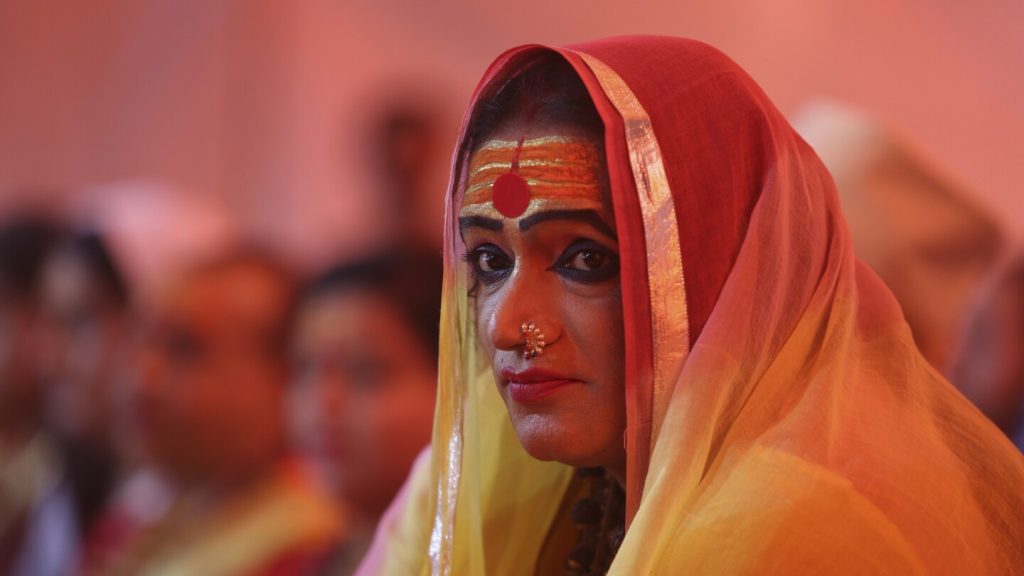The Vatican has issued a new document rejecting the concept of changing one’s biological sex, which is a setback for transgender people who had hoped Pope Francis might be setting the stage for a more welcoming approach from the Catholic Church. While the Catholic Church holds a disapproving stance toward gender transition, other denominations, such as the Evangelical Lutheran Church in America, welcome trans people as members and clergy. In Islam, policies on gender identity can vary in different regions, with some rejecting sex conversion. In Iran, Ayatollah Ruhollah Khomeini issued a religious decree supporting gender transition surgery, while Hinduism has recognized non-binary gender expressions for millennia.
Hindu society in South Asia has recognized third gender individuals throughout history, with many rising to significant positions of power under Hindu and Muslim rulers. Sanskrit, the ancient language of Hindu scriptures, has a vocabulary to describe three genders: masculine, feminine, and gender-neutral. The most common group of third gender people in India are known as “hijras,” with some choosing to undergo gender reassignment surgery. India, Nepal, and Bangladesh officially recognized third gender people as citizens deserving of equal rights in 2014, with the Supreme Court of India stating that it is a human rights issue to choose one’s gender.
Buddhism traditionally adhered to binary gender roles, particularly in monastic traditions where men and women are segregated and assigned specific roles. While the Theravada tradition attempted to ban ordinations of transgender people in Thailand, the Mahayana, Vajrayana, and Jodo Shinshu schools have been more inclusive. In Judaism, Reform Judaism is accepting of transgender people and allows for the ordination of trans rabbis. Orthodox Judaism poses challenges for transgender people due to its emphasis on binary gender and strict separation between men and women.
Reform Judaism acknowledges possibilities of gender identity and expression that differ from those typically associated with the sex assigned at birth. Orthodox Judaism emphasizes living according to the gender assigned at birth, with Rabbi Avi Shafran stating that being born in a male body requires living as a man, and being born female entails living as a woman. While acknowledging the challenges faced by transgender individuals, Shafran highlights the importance of adhering to Jewish religious law and the roles designated for each gender. The Associated Press’s religion coverage is supported through collaboration with The Conversation US, with funding from Lilly Endowment Inc. The AP is solely responsible for the content.


